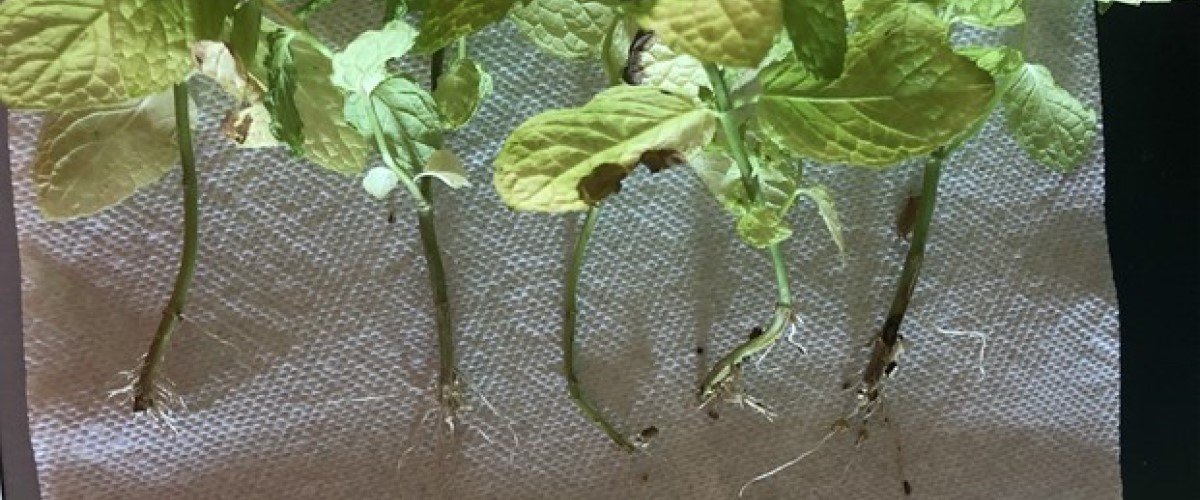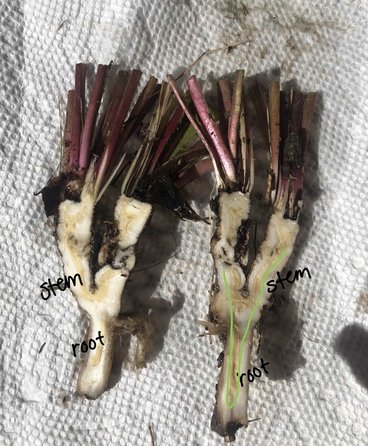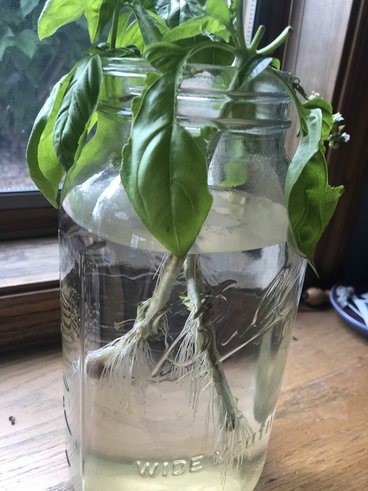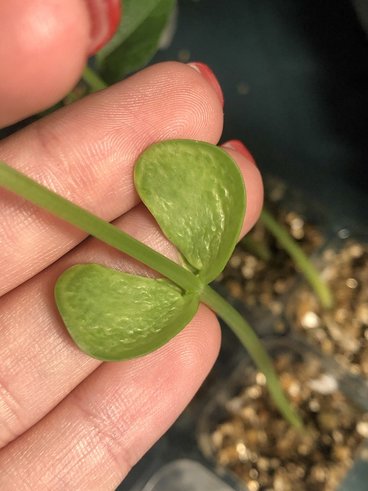
Bringing the world of plants online

Students share their experience in a virtual hands-on lab
SUZANNA VIAU, AGRICULTURAL COMMUNICATION & MARKETING, BS '22
Online classes. That phrase brings up an array of reactions from professors and students. Some enjoy the flexibility it brings, some detest the lack of face-to-face interaction, and others simply dislike the heavy amount of screen time. Along with the rest of the world, CFANS students and professors had to face the challenges of online learning abruptly this past spring, and they continue to teach in an online format as a result of the pandemic. Faculty and staff in the Department of Horticultural Science saw this challenge as a chance to get creative and bring the world of plants to even more students, virtually.
HORT 1001: Plant Propagation serves as a staple course for many CFANS students and others looking to fulfill their liberal education requirements. When classes moved online this past spring, it fell to instructors to move this hands-on, lab-based course to an entirely virtual format. The course had previously been offered in a hybrid format with online lectures and in-person labs, which made the transition much smoother.
Two students share their experiences with the course and how it exceeded their expectations and provided them with lifelong skills. Kelly Ryan, a sophomore studying agricultural and food business management, and Alexia Kilpatrick, a student in multidisciplinary studies with concentrations in history, social science, and communication, both raved about their experiences in this course. “The class structure was laid out so clearly,” Ryan said. “You knew what was expected of you each week and you got in that routine.” The format helped Ryan feel prepared every week even with a fully online semester. Course instructor Laura Irish echoed this sentiment: “Consistency has always been important, but it’s even more so now, to minimize student stress.” Offering labs online also made the course more accessible. “[Students were] happy to have labs online,” revealed Irish. “They didn’t have time to have in-person classes because of jobs or other obligations.”
The hands-on lab serves as one aspect of the course that makes HORT 1001 so popular, and instructors worked to preserve the engaging lab components in an online format. “[The instructors] were really creative with the labs,” explained Kilpatrick. “We didn’t have to purchase specialized science lab kits because they used things that we can find at the grocery store or local garden center.” In Ryan’s favorite experiment, students harvested seeds from existing fruits to grow their own seedlings. “I washed them, rinsed them and dried them out and then placed the seed in rows on a piece of damp paper towel,” she said. After setting her seeds in a cool place for a week, Ryan was thrilled by the results. “You could see root tips growing out, and then we transitioned into our next experiment which was transplanting the seeds. It was really interesting because I didn’t know you could grow plants this way.” What seemed impossible at first —propagating plants online—became achievable to students because of the incredible instructor investment in translating this process to a virtual classroom. “The course was very interactive, with lots of opportunities to engage with the instructors and other students,” Kilpatrick said. “I think this is important in any class, but especially an online course, the instructors need to allow opportunities for quality engagement.”
As a non-traditional student and someone who has taken most of her coursework online, Kilpatrick felt concerned about a course so far outside her comfort zone. “I was really nervous,” Kilpatrick said. “I was not looking forward to taking any science class and wasn’t even sure I could pass, especially in an accelerated summer option because it’s way outside my areas of expertise.” But the course description helped change her mind: look at the world around you — all the plants around you — in ways you may have never considered before. “I thought this showed that the instructors understand that many students are not science majors and are taking this to meet a requirement,” Kilpatrick explained. “It encouraged an open mind and attitude toward the experience.” Irish explained why this course is beneficial to everyone,“[Students outside the major] may not understand what exactly matters in the air and in the soil, and we give them that base of understanding — why quality of light, water and nutrients are important.”
As the world continues to learn and work online, CFANS remains committed to translating in-person, hands-on learning to engaging virtual courses that students can access from anywhere. HORT 1001 is just one example of how CFANS educators have gone above and beyond to teach tomorrow’s leaders. If you are interested in this course for summer 2021, learn more by visiting the course catalog.








